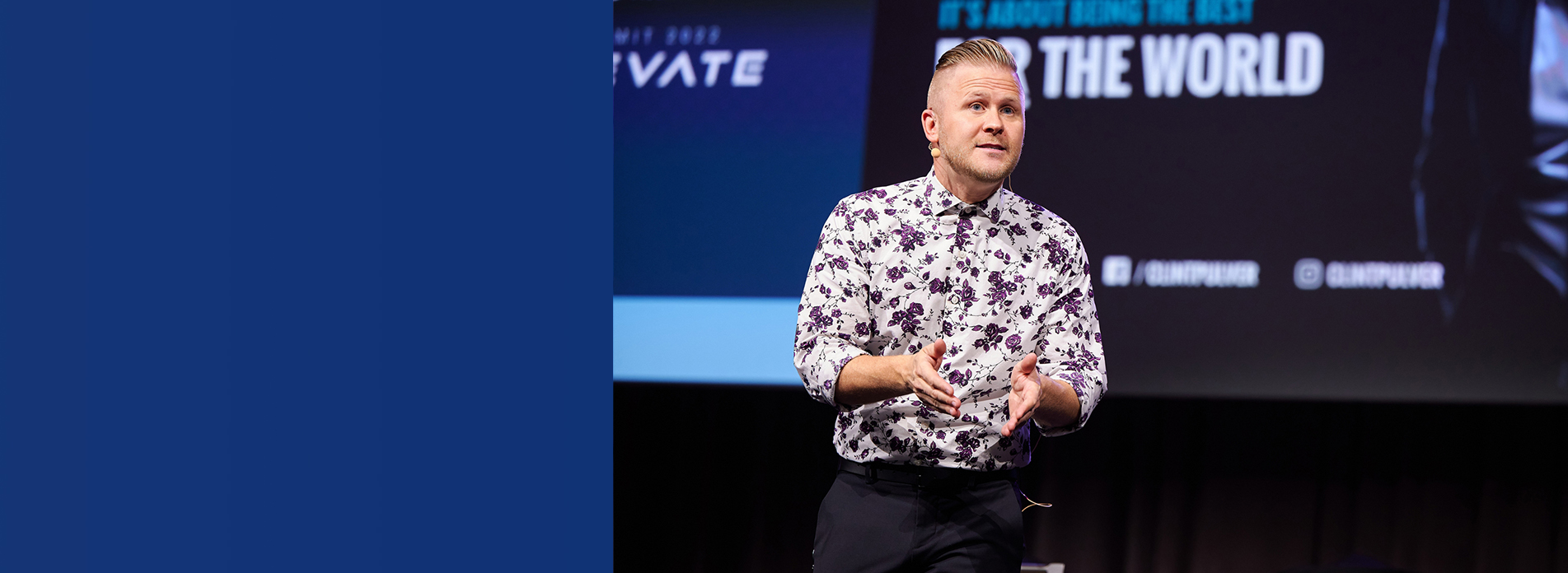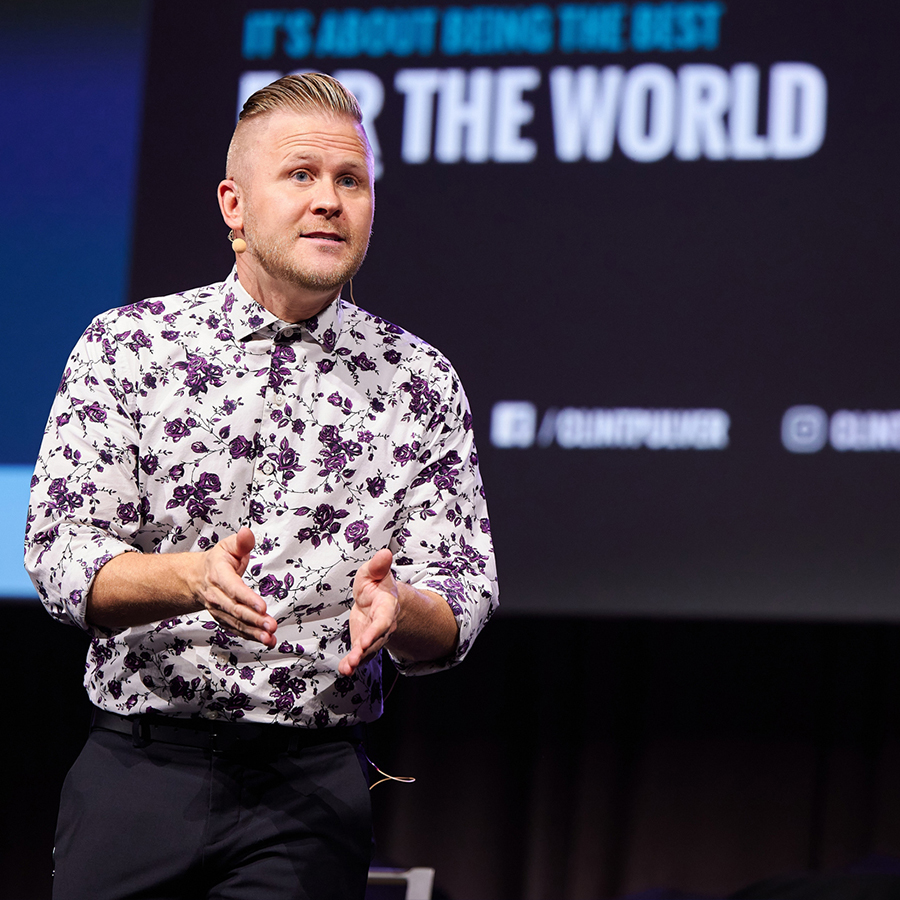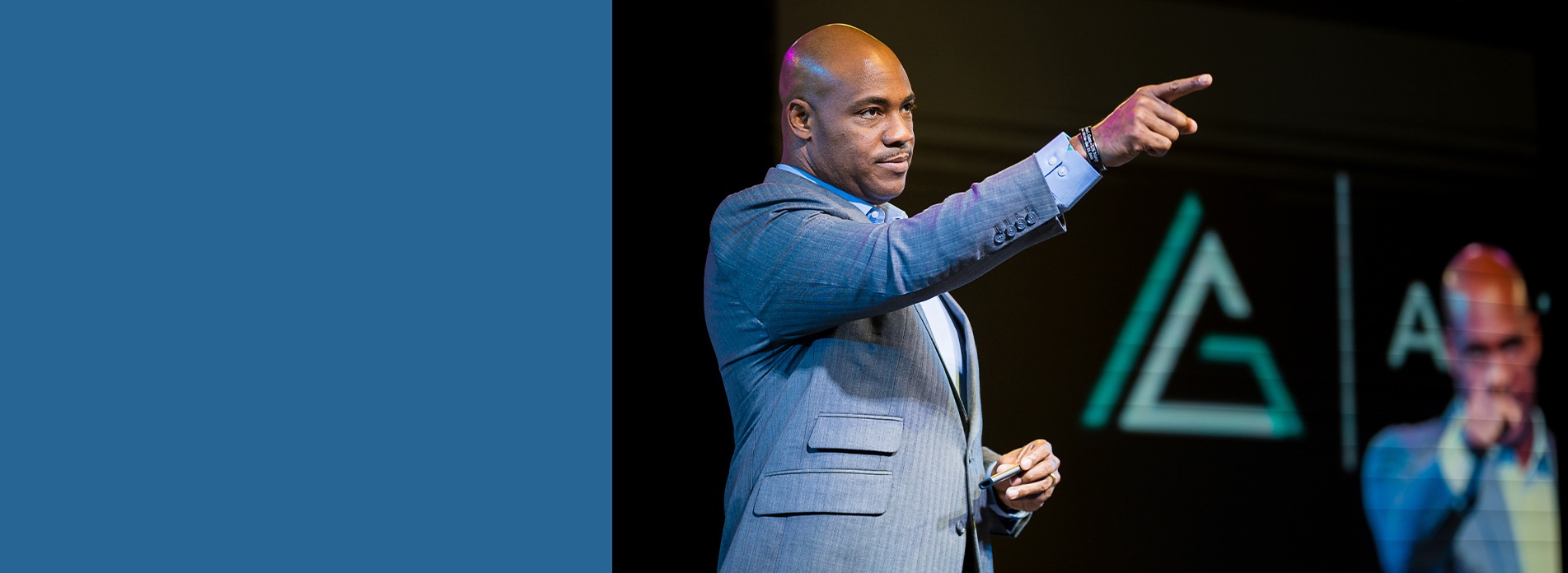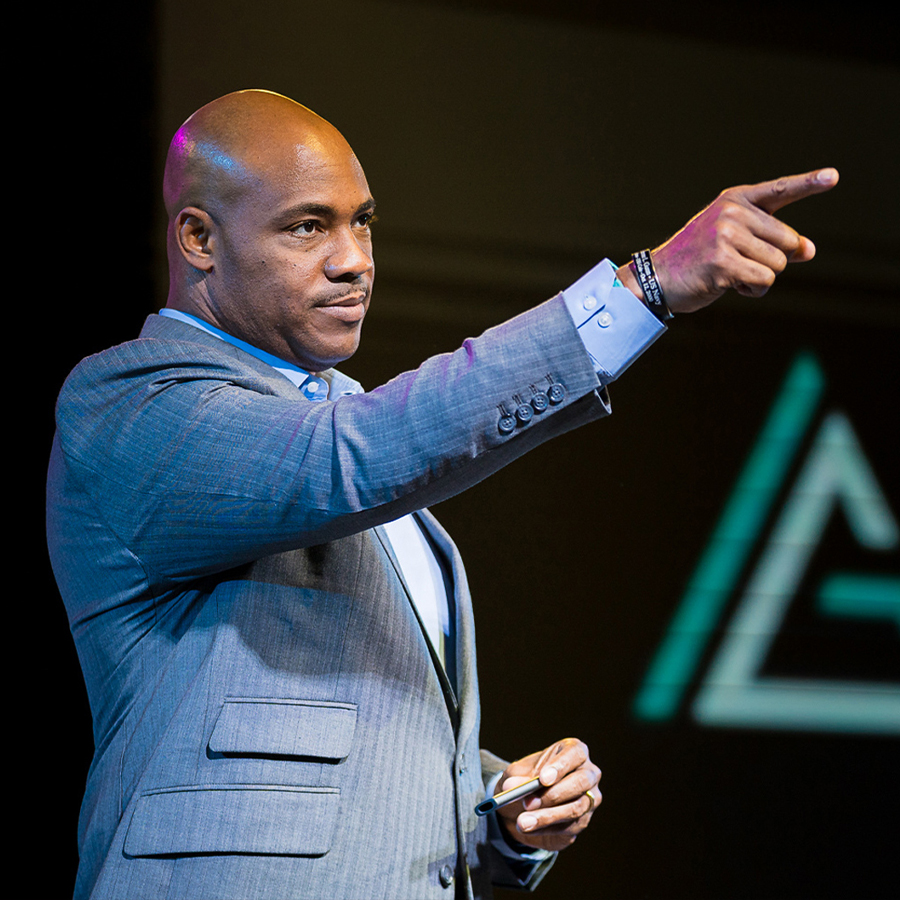The COVID-19 pandemic has wreaked havoc on the global economy, bringing to the fore both the critical role data plays in creating growth opportunities and solving development challenges as well as the existing global data inequalities. How do we tap the full value of data, ensuring equitable access for all, including less advantaged people? What reforms are needed in data governance to protect individuals, businesses, and societies from risks or harm? Data’s transformative role in digital transformation is being debated globally.
Japan aims for a human-centered society called “Society 5.0”, where physical and cyberspace are closely integrated, and everyone can lead a comfortable, energetic, and high-quality life and the aim is also to realize this in developing countries. In addition, the value of data by free flow with trust becomes increasingly important to create innovations and new business models for the aimed society. Toward this goal, the Government of Japan through the Ministry of Internal Affairs and Communications (MIC) and JICA is supporting to development of the ICT infrastructure and promote utilizing digital technologies and data in African countries and other regions.
Similarly, the World Development Report 2021: Data for Better Lives explores the tremendous potential of the changing data landscape to improve the lives of less advantaged people, while also acknowledging its potential to open back doors that can harm individuals, businesses, and societies. To address this tension between the helpful and harmful potential of data, this report calls for a new social contract that enables the use and reuse of data to create economic and social value, ensures equitable access to that value, and fosters trust that data will not be misused in harmful ways. Using these three principles, the report offers an aspirational vision of an Integrated National Data System (INDS) supported by effective data governance frameworks, a way for countries to realize the full potential for data to improve lives, especially of the most vulnerable of the world.











